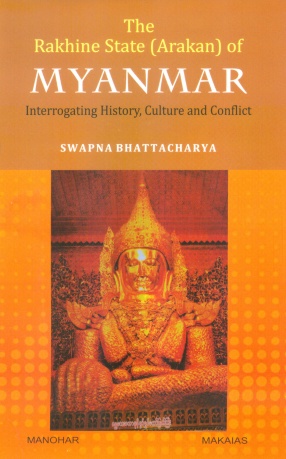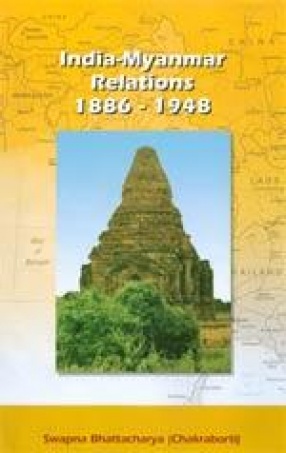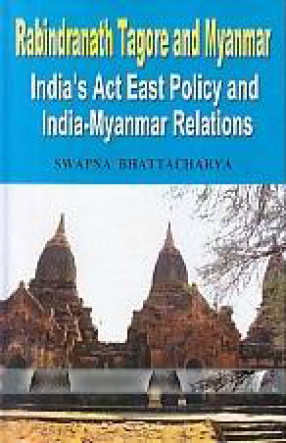The Rakhine State (Arakan) of Myanmar: Interrogating History, Culture and Conflict
The volume reopens the chapter of 'Bengali Literary Renaissance' at the court of Mrauk-U (Bengali: Rosanga) during the fifteenth-seventeenth centuries. The problem of the Rohingyas cannot be ubderstood without taking note of the spread of the Bengali language and the polymorphism accommodating Buddhism, Vaishnavism and Sufi-dominated Islam in various parts of South Asia. Yet, going beyond the Buddhist-Muslim dichotomy, the volume takes up dichotomies which both existed (and were party created) in the form of hill versus plains, tribal versus non-tribal, urban versus rural, original bona fide residents versus immigrants, etc.
No earlier work has dealt with the policies followed by U Nu and Ne Win governments towards this particular State within the context of regional politics in South Asia. Another important aspect of this work is its look at how India's security was threatened (1960-mid 1980s) due to the MNF movement, which, in collaboration with the BCP, used the corridor from South Mizoram via CHT-Rakhine state up to China.
Get it now and save 10%
BECOME A MEMBER









Bibliographic information
Tags